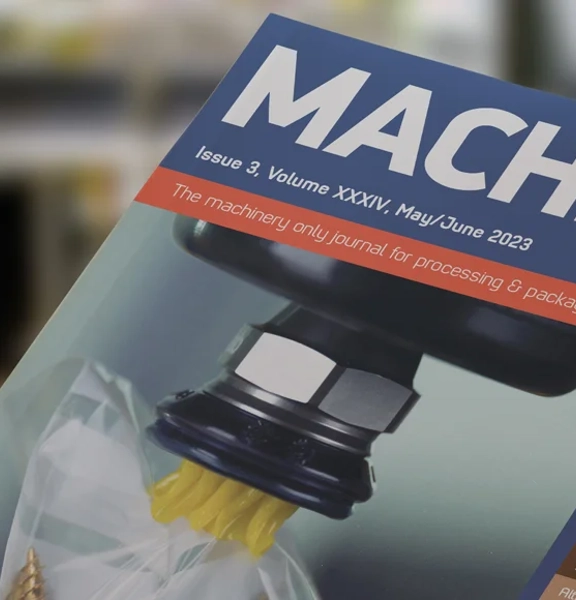Become a member
Take advantage of exclusive member benefits, world class events, networking and specialist support








 Become a member
Become a member 

21 March 2024
Raptor Combi metal detection and checkweighing from Fortress Technology now comes equipped with Code of Practice (CoP) specifications for the main UK supermarkets as standard.
According to Fortress, Raptor is the company’s most in-demand machine. The fully-integrated system incorporates sensors to register product entering and exiting the metal detector aperture, triggering the reject and, among other functions, to indicate when the reject bin is full.
Inspecting and weight checking products of between 50g and 8kg and up to 400mm in length, the system will run at an average of 150 packs per minute. It is available in four belt widths: 100mm, 200mm, 300mm and 400mm.
Fortress makes the important point that, compared with other combi systems on the market, the retail-spec Raptor Combi will always prioritise metal detection performance and availability, as European technical support team member Nathan Tankard explains, referencing Hazard Analysis and Critical Control Point (HACCP) requirements.
“Checkweighing is good manufacturing practice, but not a HACCP requirement,” he says. “Processors can ship product without a checkweigher. However, product cannot leave the factory and get sent to retailers if it hasn’t been inspected for potential metal contamination.”
This helps to explain the override option, which Fortress says is unique to Raptor. Since the metal detector is self-contained, with its own reject device and sensors, manufacturers can quickly remove the checkweigher motor control and run it as a simple conveyor (or an independent metal detector, if required). This means the operation can adhere to HACCP guidelines and continue to ship products, regardless of the checkweigher status.
As well as the pre-programmed CoP specifications, features on the system now include a walk-through guide for each set of retailer requirements, as well as easy-to-follow animated metal detector test screens.
A visual alert is triggered when quality assurance tests are due – typically hourly – and all steps have to be completed. Contact 4.0 monitoring tracks events within the system, documenting both metal contaminants and weight rejects. “It’s a seamless and failsafe process that registers every sensor activity, any fault or setting changes, with every event time and date stamped,” Tankard explains.
(01295) 256266